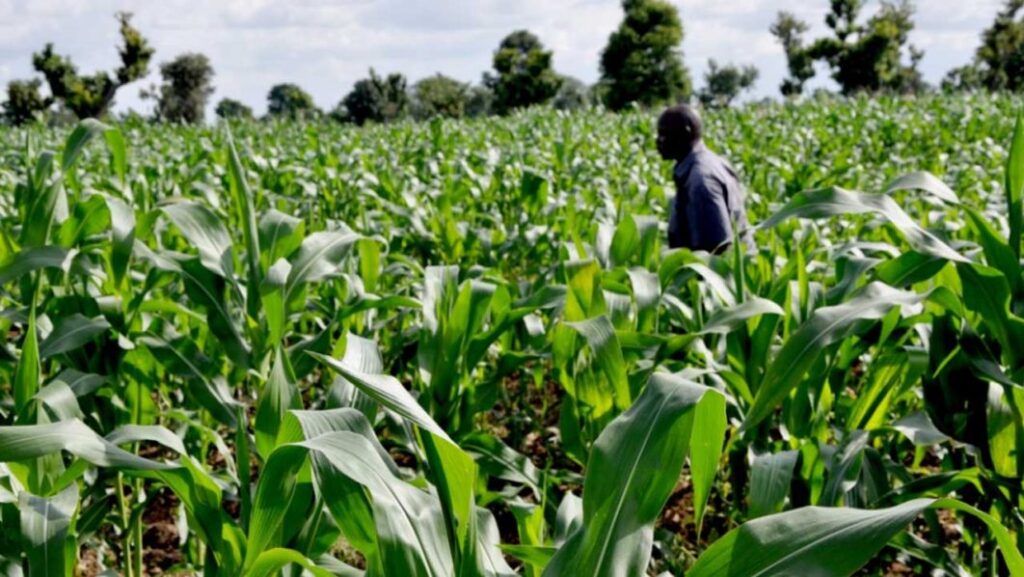With agricultural insurance premiums in Africa estimated to be less than 0.7% of the world’s total, insurers, insurance regulators and governments cannot be satisfied with what has been achieved so far in agricultural insurance, says Dr. Corneille Karekezi, Group Managing Director and CEO, Africa Re. In an interview carried in Africa Insurance Pulse 2023, published by the African Insurance Organisation (AIO), he says that despite the economic importance of the agricultural sector to many countries, agricultural insurance markets are still at a very early stage of development in Africa.
Agricultural insurance premiums in Africa are estimated to be less than 0.7 % of the world’s total. Outlining the different developments in agricultural insurance on the continent, Dr. Karekezi said, “The markets in southern Africa have developed well, partly because of the different structures of the agricultural sector, which tend to be dominated by large commercial farms. Not only have good risk management structures developed here, but market-oriented and modern practices are also applied.
“In West African countries such as Nigeria, on the other hand, we see rather small farms and many subsistence farmers, particularly farms, which are not yet fully integrated with the formal financial system. Nevertheless, we see enormous growth opportunities here, closely linked to the high economic importance of the agricultural sector. The resilience of this sector, which employs a large proportion of the population and is a major contributor to economic growth, urgently needs to be strengthened”.
Challenges
Dr. Karekezi said, “With very few exceptions, the experience to date has been disappointing: agricultural insurance penetration is still very low, and key performance indicators such as premium income, accumulated sums insured, and the achievement of risk-adjusted premiums are at unsatisfactory levels. This suggests the need for greater government support to ensure, for example, that smallholders can access and afford insurance products. First, however, government awareness and institutional capacity need to be strengthened”. Another major problem that will take years to overcome is the insufficient availability of agricultural underwriters in Africa.
Regulators
Dr. Karekezi adds that stakeholders should understand whether regulators want to limit themselves to regulation and supervision or also play an active and important role in market development. “If this insurance market development mandate to regulators does not exist in a country or is considered less important, regulators will not feel empowered to actively contribute to the sustainable development of robust insurance markets, even though they could be very powerful and influential stakeholders. Political will is, therefore, the key factor in achieving change and improving conditions. In this context, we would like to mention, as an example, the Moroccan regulator, the Insurance and Social Security Supervisory Authority (ACAPS), which is playing a very active and successful role in market development, he stated”.

